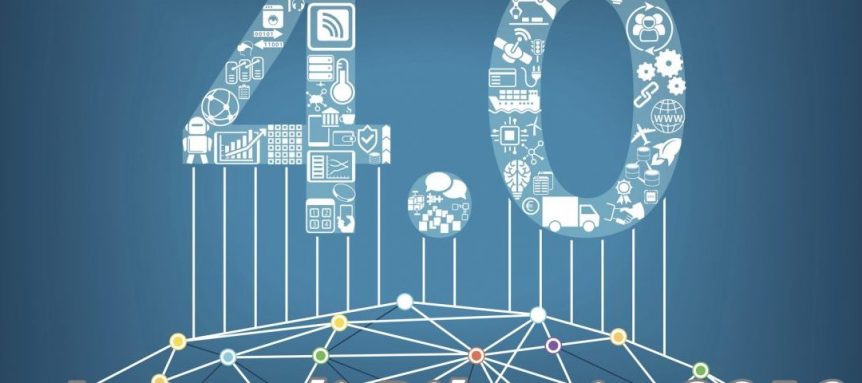Il processo di trasformazione digitale che le imprese sono chiamate ad affrontare per essere competitive e protagoniste sui mercati non è solo una questione tecnologica, ma è una questione di competenze.
Data: 12 ottobre, 10-13
Luogo: Hub Academy Giulianova
Contatto: i n f o@h u b a c a d e m y . i t
Refente: Gabriella Russo, Metiva Consulting (Ambasciatore EPALE)
 On 12th October , on the occasion of the Erasmus Days 2018, we will talk about European skills and design, in two different locations in Abruzzo (Giulianova and Lanciano), two training sessions to tell the Erasmus plus experience and the Epale platform, as the first useful step to the company that wants to innovate and bring change in its organization.
On 12th October , on the occasion of the Erasmus Days 2018, we will talk about European skills and design, in two different locations in Abruzzo (Giulianova and Lanciano), two training sessions to tell the Erasmus plus experience and the Epale platform, as the first useful step to the company that wants to innovate and bring change in its organization.
If the effects of the fourth industrial revolution are disruptive for companies, for society and have a profound effect on the labor market, the link between design, innovation and employment is, therefore, very narrow.
The Government 4.0 on Industry 4.0 emphasizes as a strategic measure the importance of human capital that must be updated and in step with the new technological and design skills required.
The first step is to understand that not only the big industry is interested in change, but that all businesses (medium and small), can start from the training to the presentation of projects and, learn to work for projects, will be the basic competence both for those who must enter the labor market, both for staff already present in companies. Then strengthen the link between the world of education, university, research and business to create profiles consistent with what the market demands. The updating, reinforcement, adjustment of employees to redevelop various professionals who know how to plan on direct European funds can be a starting point for companies that want to win the game of the new industrial revolution. Continuous and constant training to provide skills that go hand in hand with changes in the intelligent factory. A transformation that must concern all levels of the company, from the entrepreneur to the employee, from the worker to the manager. Alongside digital skills, the ability to work with data, being able to read, analyze and classify them are essential communication skills, design, leadership, relationship.




